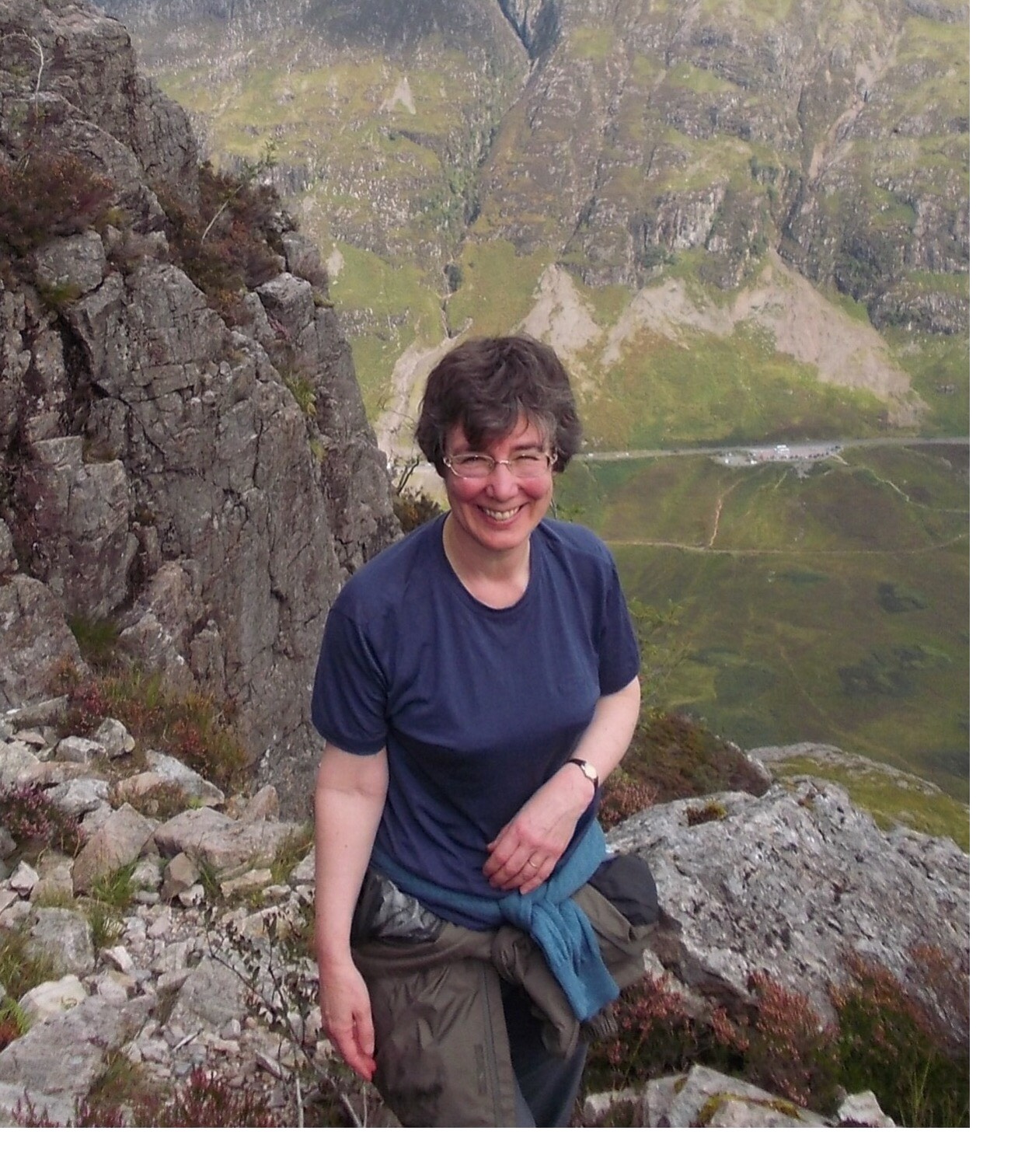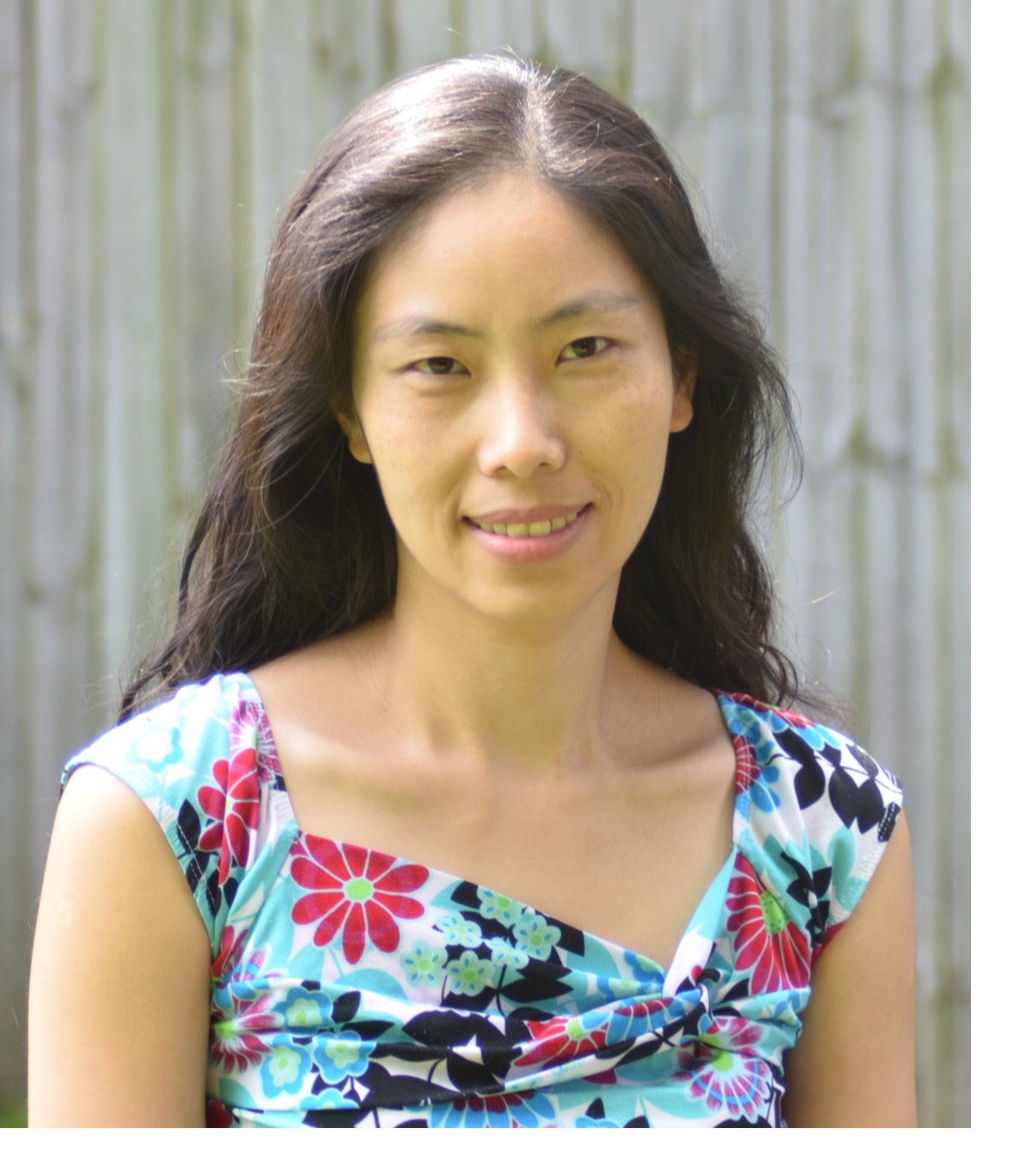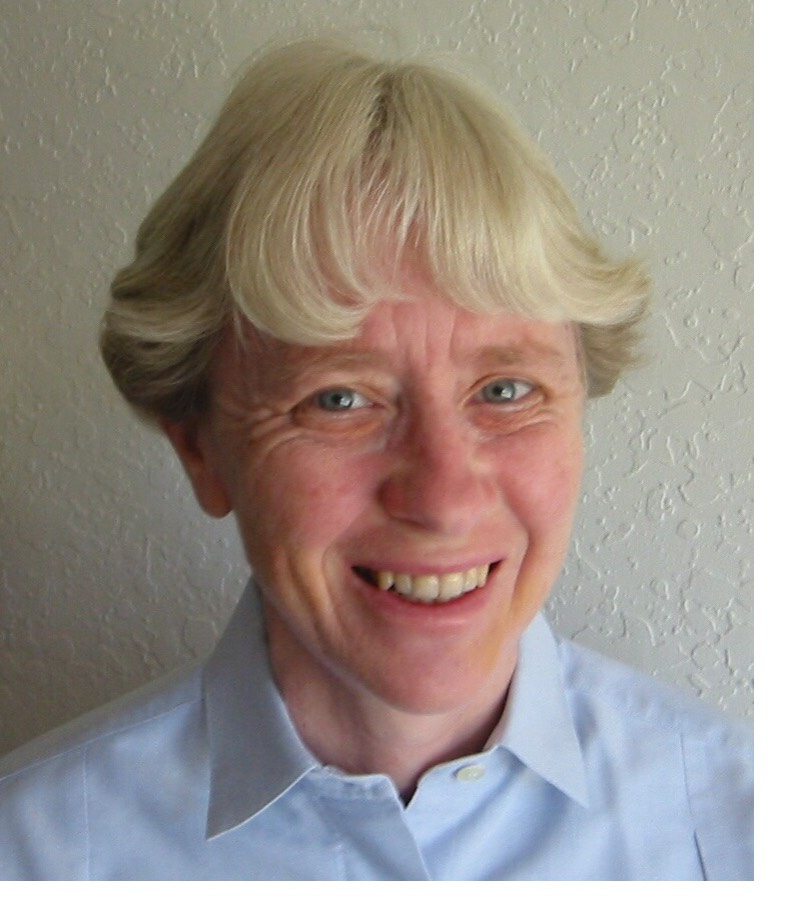Q&A with the AustMS 2015 Female Plenary Speakers
Aurore Delaigle
What is your name and what do you do?
Aurore Delaigle, Professor of Statistics at The University of Melbourne.
I currently have a Future Fellowship from the Australian Research Council, which means that I spend a lot of time on research. I am also the executive secretary of the Institute of Mathematical Statistics and of the International Society for Non-Parametric Statistics, and I am an associate editor for several international statistics journals. This takes a lot of time, but it gives me a good opportunity to interact with other researchers from the international statistics community, and to keep up to date with the latest developments in statistics.
Why do you do mathematics?
Mathematics was already my favourite subject at school. I just like numbers, equations, curves, etc. For example, it is much easier for me to understand an equation than to understand a text that explains that equation. When I read other people's work, I often replace long paragraphs of text by equations. I enjoy solving new problems, and I am particularly motivated by problems whose solutions can be depicted graphically.
What is a typical workday like for you?
A typical working day involves a mixture of all my activities. I typically start by replying to as many as possible of the emails I have received overnight, and this can take quite some time. Then I do some research on my own in my office. In the afternoon, I often have meetings with some of my students or postdocs, and later in the day I do some of my editorial work or other service work for the university or the international statistics community.
What keeps you in research? Have you had to overcome any barriers or problems?
What keeps me in research is that I like the problems on which I work. I also like the independence we have as researchers, for example the flexibility to choose the problems we want to work on. The main problem is to find time to do all the things I have to do. As I get older, I become engaged in more and more activities, and I have to try to optimise my time.
Do you have any advice for others who are starting a mathematical career?
Perhaps a few points:
- Things are different for everyone and you have to find your own way of doing things. For example, some people like to work on several projects at the same time, doing a bit of each every day or every week. For me, I often find that I am more efficient if I focus on projects one at a time.
- When I was younger, I was mostly interested in hearing talks on topics very close to what I was doing. However, now I know that it is very useful (and interesting) to attend talks on new topics. Attending talks in general is very useful. Even a bad talk can lead to new research ideas. I am always very surprised when students do not attend seminars.
- I find it important to go to conferences, meet other people, be aware of what they are doing and let them know what you are doing.
Frances Kirwan (Hanna Neumann Lecturer)
 What is your name and what do you do?
What is your name and what do you do?
Frances Kirwan, Professor of Mathematics at Oxford University and Tutorial Fellow of Balliol College. What I do is a mixture of research, teaching and associated administration. I am also currently on the Council of the Royal Society, and I chair the Council of the UK Maths Trust (the UK counterpart of the Australian Maths Trust, which runs Maths Challenges, etc. for school children).
Why do you do mathematics?
It's fun! And teaching maths is very rewarding.
What is a typical workday like for you?
It depends very much whether it is term time or not. During term time I might be giving an undergraduate lecture and/or doing some small group undergraduate teaching, attending a research seminar and/or talking to a graduate student or postdoc about research, and quite likely have a committee meeting or two. Outside term time there is a bit more time to focus on research problems and to attend conferences and workshops. There are always lots of emails to be answered.
What keeps you in research? Have you had to overcome any barriers or problems?
No real barriers apart from lack of sleep/energy/time when my children were small.
Do you have any advice for others who are starting a mathematical career?
Do not feel you have to agree to every task you are asked to undertake; learn to say no occasionally! Take the initiative in applying for grants, fellowships etc; don't assume it is not worth applying unless someone pushes you to go for it.
Frances Kuo
 What is your name and what do you do?
What is your name and what do you do?
My name is Frances Kuo and I am an Associate Professor of Applied Mathematics in the School of Mathematics and Statistics at The University of New South Wales. Currently I am holding an Australian Research Council Future Fellowship. So although I do love teaching very much, I am on a research-only position for 4 years.
Why do you do mathematics?
Perhaps my answer is a bit unconventional. I was born and raised in Taiwan until I was 18. At high school I took all the science subjects - physics, chemistry, biology, advanced maths - because I was lousy in memorisation skill and I believed you learn science by understanding rather than by memory. When my family and I immigrated to New Zealand after I finished high school, I found it hard to continue with subjects like chemistry and biology due to a switch in language and the need to learn all scientific vocabulary anew. I didn't have this trouble with maths since it is a language in its own right. For the same reason I took up computer programming. I completed a Bachelor of Computing and Mathematical Sciences degree, double majored in maths and software engineering. Since I found maths to be more challenging during my studies, I decided to do a PhD in maths and I've stayed with maths ever since. So, although I cannot claim to have a passion for maths since I was a kid, I've enjoyed the challenge and the thrill of discovery in maths throughout my adulthood.
Was there someone in particular who motivated you to do mathematics?
My father has an applied maths degree and somehow this indirectly influenced me in a positive way towards maths. My PhD supervisor trained me to be logical, detailed and thorough in maths research. During my PhD studies I also collaborated with my "academic grandfather" (the supervisor of my supervisor) who encouraged me strongly to continue with research as a career. So after my PhD I moved to Australia to work as a postdoc under his guidance. He has been a great mentor, an excellent collaborator, a strong source of inspiration, and a very good friend all these years.
What is a typical workday like for you?
Currently I am on a research fellowship with no teaching duties so my schedule is very flexible. I travel a lot around the world to attend conferences and workshops and to visit research collaborators.
When I am back in Australia, I am a mother of a 6-year-old girl. I start the mornings by getting her to school, and sometimes staying there for a while to assist with in-class activities. Then I get to my office and get on with work. This includes writing research papers, refereeing research articles and theses, responding to various committee emails, and meeting with collaborators and students. "Meeting" these days can mean in-person discussions or Skype/FaceTime calls.
Most days I leave work early to take my daughter to after school extra curricular activities. Then after the homework and evening routines, once my daughter is in bed, I start my second shift of the day and continue to work for a few hours into the night. This is actually a good time to schedule meetings with European collaborators.
Has this changed between the different stages of your career: early career / mid career / now?
The workload has certainly increased and so has the complexity of the tasks and committee works. I am now feeling the pressure and responsibility not just for myself but also for more junior collaborators and students. Before I became a mother I used to think that many things are hard or impossible, and now I have a completely different perspective and have my own coping mechanisms for whatever is thrown at me.
Research wise, I have broadened my scope and continued to engage with new collaborators from different disciplines and even different research communities.
What keeps you in research? Have you had to overcome any barriers or problems?
The challenge and thrill of discovery in maths have kept me in research, and so have the rewarding interactions and genuine friendships with many collaborators.
This does not mean that I didn't have doubts from time to time. It can be really frustrating when I am stuck on some research problem for days with no solution in sight. Inspirations and new ideas also don't always come naturally flowing and it can be quite depressing at times. I've also had to make a major correction to a published article by preparing and submitting a corrigendum. That was an embarrassing and nerve-racking experience, but as it turned out most people are very sympathetic and supportive, and indeed some even praised the courage to face up to one's own mistake.
How important is travelling?
As I said I travel a lot around the world to attend conferences and workshops and to visit research collaborators. Although modern technologies provide many convenient ways for communications, face to face interaction is still the most effective and efficient way to initiate new collaborations, to advance existing projects, and to increase international visibility and recognitions.
Do you have any advice for others who are starting a mathematical career? What advice would you give a younger version of yourself?
I am not a shy person by nature, but I am also not an alpha female ready to dominate the world like some of my male and female colleagues. I often find those people who show extreme confidence incredibly intimidating. Throughout my research career I am frequently in situations where I am pushed outside my comfort zone. For those who are like me, I would say that you should embrace each such challenge as an opportunity to grow within yourself. Every time you survive such a challenge you become stronger and wiser.
Make friends! This is not just for the benefit of networking in a professional sense. Collaborators as lifelong friends will make the working experience much more fun and enjoyable.
Ruth Williams
 What is your name and what do you do?
What is your name and what do you do?
My name is Ruth Williams. I am a Distinguished Professor of Mathematics at the University of California, San Diego where I hold the Charles Lee Powell Chair in Mathematics I. My main research interest is in probability theory and its applications. I am especially interested in developing theory and applications for stochastic processes. These are used for modelling dynamical systems subject to randomness in many fields in science and engineering. Some of my current research relates to models of the Internet and gene regulation.
Why do you do mathematics?
I enjoy solving mathematics problems. I especially like working on theoretical problems that are motivated by applications. Knowing the application often guides me to ask relevant questions and can help with intuition concerning the problem.
As I was growing up in Australia, I was fortunate to have parents and teachers who encouraged my interest in mathematics and science. At the University of Melbourne, I received an excellent undergraduate education in mathematics, especially in analysis, which provided a firm foundation for my PhD studies in probability at Stanford University. My postgraduate advisors were an inspiration through their energetic engagement in research and their clarity of thought and exposition. My collaborators and students are an ongoing source of pleasure in my research endeavours.
What is a typical workday like for you?
As a professor I pursue my research, teach graduate and undergraduate courses, advise PhD students, and perform service to my University and the profession. Any given day involves a mix of these, though I try to reserve some days or half-days just for research. As I have advanced in my career, service responsibilities have increased, and it has become even more important to dedicate blocks of time for research.
What keeps you in research? Have you had to overcome any barriers or problems?
I have been fortunate that the applied probability community is a very supportive one. I particularly enjoy helping researchers in other disciplines solve mathematical problems related to applications.
An ongoing challenge is balancing the various activities that one engages in as a professor. This does not get easier as time goes on.
Do you have any advice for others who are starting a mathematical career?
Develop a set of mentors. You don't need to find one person who can answer all queries. You can have a set of mentors, each of whom you ask for certain specialized advice. For example, you can have someone in your department or University who can advise you about local expectations and how things work, and also have a research mentor at another institution. There is much that is not written about anywhere that an experienced mentor can provide advice about. It is very helpful to have a research mentor provide feedback on drafts of grant proposals etc.
Network with other members of your research community. Going to conferences, giving talks and getting to know both senior and junior researchers in your field is very important.


